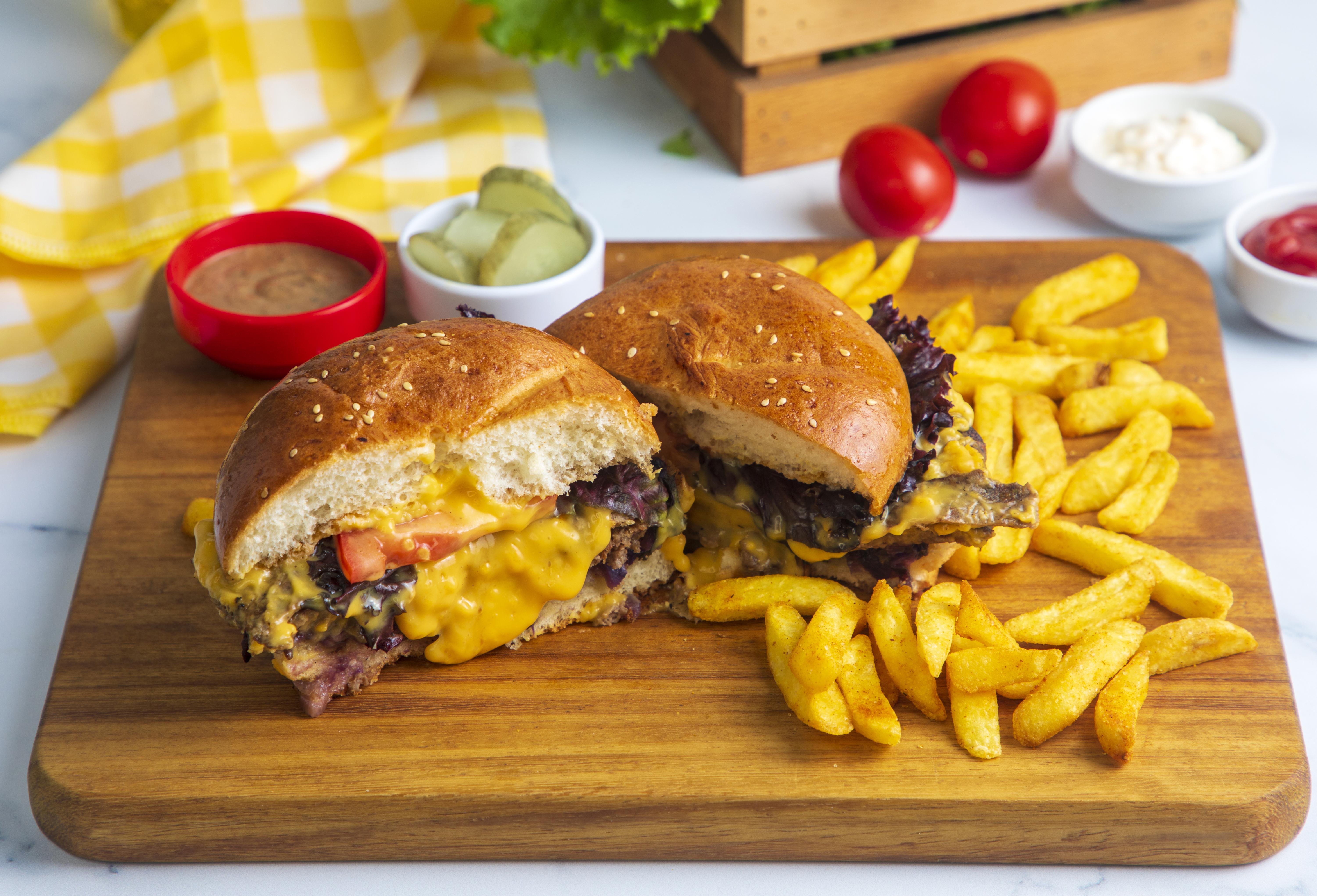Common Foods That Could Be Worsening Your Acid Reflux
7. Alcohol: Moderation and Mindful Choices

Alcohol, a common social lubricant, is often linked to acid reflux. It can relax the lower esophageal sphincter, increase stomach acid production, and irritate the esophagus, all of which contribute to reflux symptoms. Additionally, alcoholic beverages like wine and beer are acidic, further exacerbating the condition. Despite these drawbacks, moderate alcohol consumption is associated with certain health benefits, including cardiovascular support. The key is to enjoy alcohol responsibly and make mindful choices to reduce its impact on acid reflux. For those who experience acid reflux, moderation is crucial when consuming alcohol.
8. Fried and Fatty Foods: Navigating the Grease Trap

Fried and fatty foods, often associated with indulgence and comfort, are common triggers for acid reflux. Their high fat content can slow digestion and relax the lower esophageal sphincter, increasing the risk of reflux. Foods like french fries, fried chicken, and fatty cuts of meat can exacerbate symptoms and lead to discomfort. Despite their potential to trigger acid reflux, these foods are often staples in many diets. The challenge is to navigate the grease trap without compromising digestive health.
